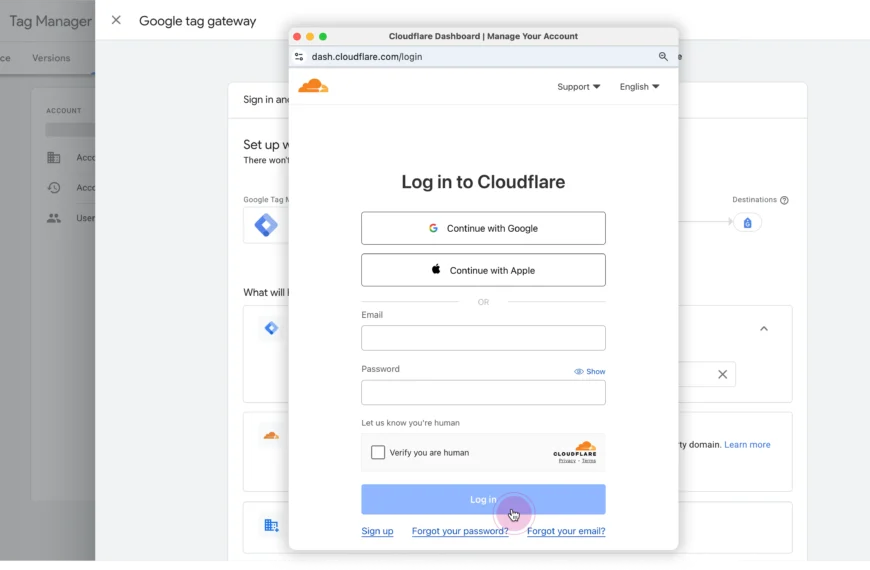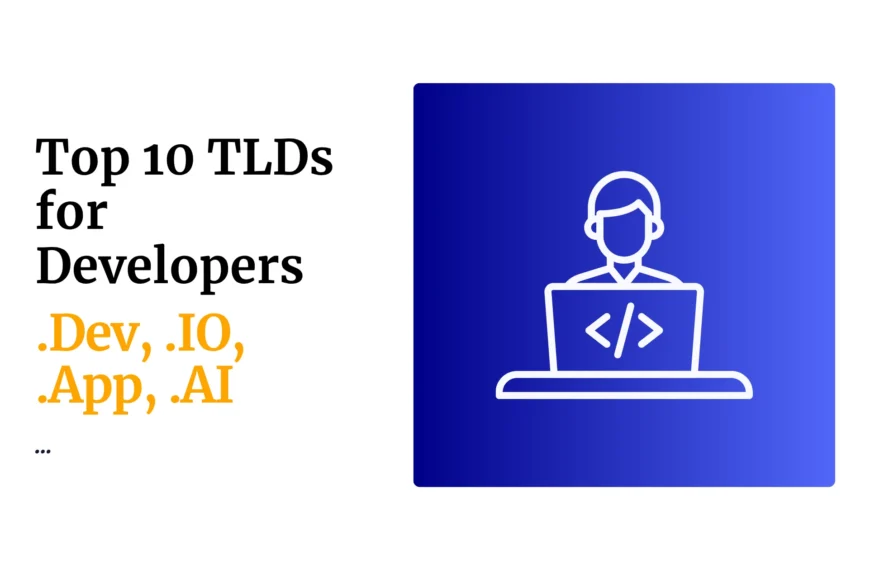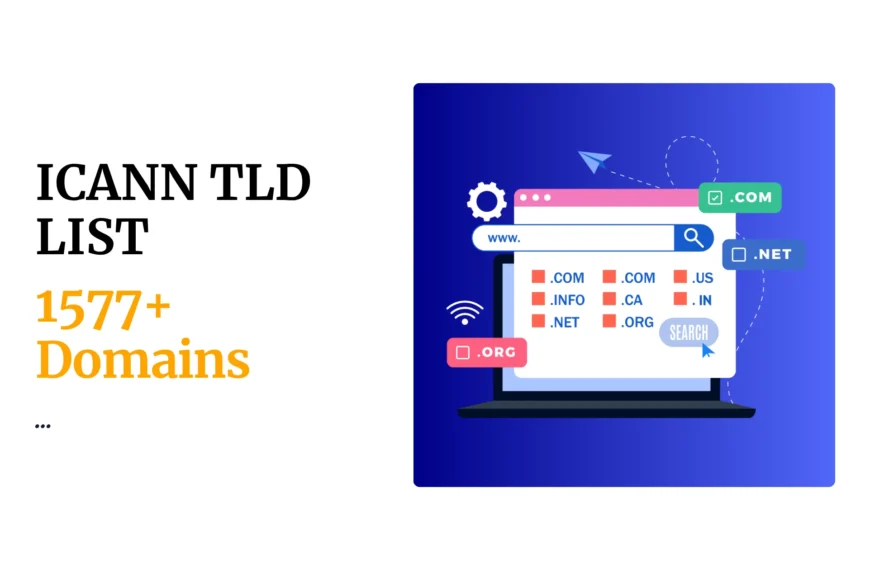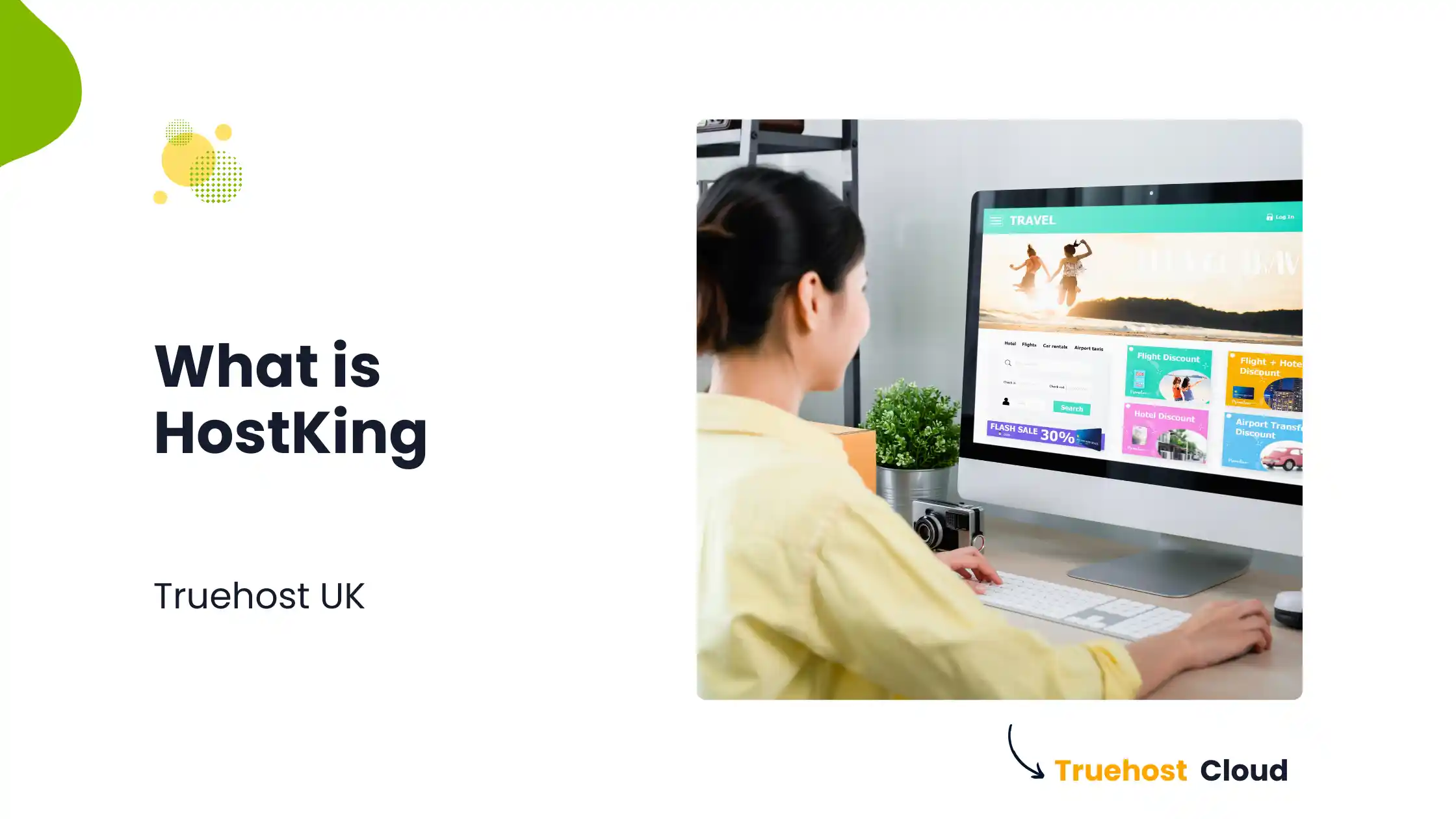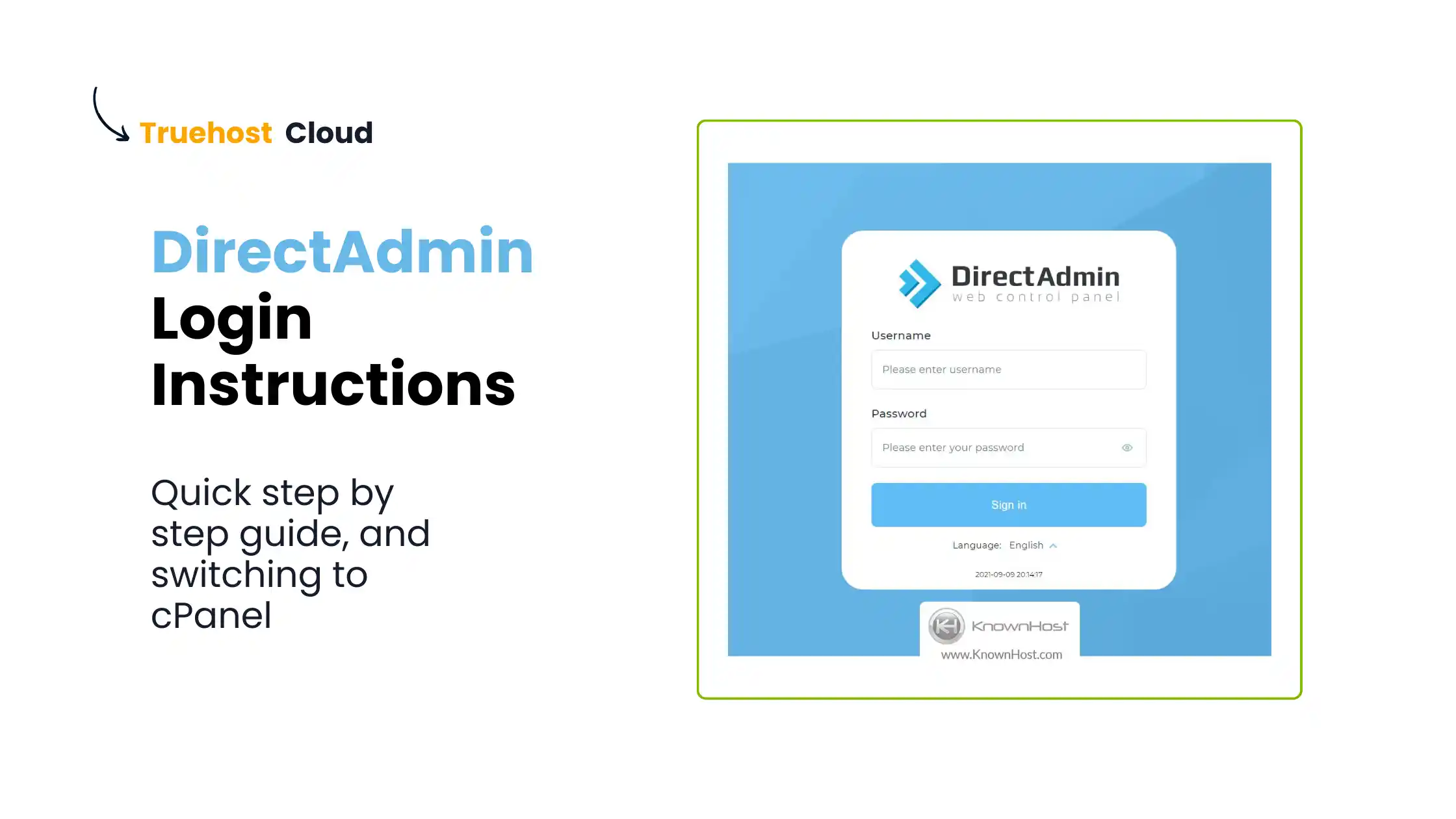So you’ve got this brilliant idea for a website and you’re ready to make it happen, right?
Well, buckle up because I’m about to share some invaluable tips on how to create a successful website in Kenya.
Whether you’re starting an e-commerce store or launching a blog, this article will give you all the insider knowledge you need to stand out from the crowd and attract visitors like bees to honey.
Setting the Stage: The Power of a Successful Website
A website has transformed from a mere online presence to a dynamic platform that wields immense influence.
And a successful website is like a digital storefront, inviting visitors into a realm of possibilities and opportunities.
It’s not just about aesthetics; it’s about functionality, user experience, and the ability to captivate and convert.
Whether you’re an entrepreneur, artist, or a passionate individual, the potential a successful website in Kenya holds is awe-inspiring.
The Building Blocks of a Website in Kenya: Domain Names and Hosting
Think of a domain name as the virtual address of your online abode. It’s how visitors find you in the vast expanse of the internet.
Choosing the right domain name is akin to choosing a memorable street name – something that reflects your identity and purpose.
Hosting, on the other hand, is the foundation upon which your website stands. It’s the digital real estate where your content resides, accessible to anyone with an internet connection.
I have both good and bad news.
The bad news is that both hosting and a domain name costs money.
But the good news is that you don’t have to break the bank to get them. You can get cheapest domains and web hosting with us.
And you can even combine both and get the two simultaneously. To do that, start by searching the domain (the name you’d wish to call your new blog).
When you find it, add it to cart then click checkout.
On the next page, you will be prompted to add hosting. Just click add hosting.
You can then go through the available web hosting packages and pick the one based on your needs and budget.
When you find it, click order now and proceed with your domain registration.
Once you have hosting and a domain name, the next step to creating a website in Kenya is to pick a niche.
Researching Your Niche
In the sense, this should be the first thing you do when creating a website in Kenya.
Reason being, the domain name you pick should reflect what your website is all about. The bad news is, once registered, there is no domain name edit button or section.
Either way, let me take you through this whole process of picking a topic for your soon-to-be website in Kenya.
a). Identifying Trends
Creating a website in Kenya involves understanding the pulse of online trends.
What are people searching for?
What topics resonate?
You can get this right by delving into keyword research and market analysis.
And gain insights that guide your content strategy and ensure your website remains relevant and engaging.
b). Passion Meets Profit in Kenya
Beyond what’s trending, passion and profit can coexist in the digital realm.
Your niche is the intersection of what you love and what the world needs. It’s where your expertise aligns with the demands of your target audience.
Whether you’re showcasing Kenyan cuisine, eco-tourism, or artisan crafts, your niche becomes the beating heart of your website, drawing in like-minded enthusiasts and potential customers alike.
Defining Your Target Audience
Got a niche or topic?
Good!
Your website’s success hinges on how well you understand your audience.
Who are they?
What challenges do they face?
What solutions are they seeking?
A user-centric approach involves walking in the shoes of your visitors.
And by defining your target audience, you create a digital haven that addresses their needs, captures their attention, and delivers value.
Planning Your Website Strategy
Every successful endeavor begins with a clear roadmap.
Crafting your website strategy involves setting specific goals and objectives.
Are you aiming to educate, entertain, or sell?
Establishing these objectives shapes your content, design, and marketing efforts.
A well-defined strategy not only keeps you focused but also ensures that your website resonates with your intended audience.
Picking a Platform
Besides a niche, a domain name, and hosting, your website needs a blogging platform.
This is a software that will link the two; the domain name and hosting and allow you to achieve your goals and work on the strategy you created earlier.
There are many great blogging platforms out there, each with its own strengths and weaknesses. Here are some of the best blogging platforms in 2023:
- WordPress is the most popular blogging platform in the world. It is highly customizable and scalable, making it a great choice for both personal and professional blogs. WordPress also has a large community of users and developers, which means there are plenty of resources available to help you get started and troubleshoot any problems.
- Wix is a great option for beginners who want to create a professional-looking blog without having to worry about the technical details. Wix has a drag-and-drop interface that makes it easy to create and customize your blog, and it offers a variety of templates and themes to choose from.
- Squarespace is another great option for beginners. It is similar to Wix in that it has a drag-and-drop interface and a variety of templates to choose from. However, Squarespace is known for its high-quality designs and user experience.
- Medium is a great option for writers who want to focus on their content and not have to worry about the technical aspects of blogging. Medium is a hosted platform, which means that you don’t have to worry about hosting or managing your own website. Medium also has a built-in audience of readers, which can be helpful for getting your content seen.
- Ghost is a self-hosted blogging platform that is designed for writers. Ghost is known for its clean design and its focus on performance. Ghost is also a good option for bloggers who want to make money from their blog, as it offers a built-in system for selling memberships and subscriptions.
Ultimately, the best blogging platform for you will depend on your individual needs and preferences.
If you are a beginner, I recommend starting with a hosted platform like Wix or Squarespace.
Once you have more experience, you can move to a self-hosted platform like WordPress or Ghost.
Designing Your Website in Kenya
Once you have a platform, it is time to design your website.
Design is more than just aesthetics; it’s a language that speaks to your visitors.
From the layout to the color palette, each element conveys a message. A clean, intuitive design guides visitors seamlessly through your content. Visual elements evoke emotions and tell a story.
As such, you need to integrate captivating images, fonts, and graphics to your new website and create an immersive experience that resonates long after the visit.
Choosing the Right Aesthetics
Beauty and function intertwine in the world of web design.
While aesthetics draw visitors in, functionality keeps them engaged.
Choosing the right aesthetics involves striking a delicate balance between visual appeal and practicality.
A well-designed website not only looks stunning but also ensures that navigation is intuitive, content is accessible, and interactions are seamless.
If you are using a CMS like WordPress, achieving this shouldn’t be hard. Install a WordPress theme, and you can find free ones on the official repository.
Content Creation and Optimization
Content is vital part of creating a website in Kenya.
Compelling copy is the backbone of your website, conveying your message with clarity and eloquence.
Each word, sentence, and paragraph weaves a narrative that captures attention and engages the mind.
Whether it’s a captivating blog post, an informative article, or a persuasive product description, high-quality content is the cornerstone of online success.
And as you crank up content, infusing local flair into your content is key.
Embracing the essence of Kenya – its culture, traditions, and values – adds authenticity and relevance.
Whether you’re writing about Maasai beadwork, Swahili proverbs, or the vibrant Maasai Mara, integrating Kenyan elements into your content establishes a unique connection with your audience.
Optimizing Your Website for Search Engines in Kenya
Content is not enough to achieve your goals.
You need people to read them!
Search Engine Optimization (SEO) is the compass that guides visitors to your site doorstep.
It involves fine-tuning your website so that it ranks higher in search engine results.
From strategic keyword placement to optimizing meta descriptions, SEO is a multifaceted approach that ensures your website is discoverable by those seeking the treasures it holds.
But essentially, you need to know what people are typing into the search engines when looking for information/products related to your niche.
Then, include these phrases throughout your content.
It doesn’t stop there.
While the internet knows no boundaries, local SEO narrows the focus to your Kenyan audience.
It’s about becoming a prominent figure in the digital landscape of Kenya.
All you have to do is optimize your website for local searches.
You ensure that when someone in Nairobi or Mombasa searches for relevant information, your website emerges as a beacon of knowledge and expertise.
Enhancing UX through Intuitive Navigation
User Experience (UX) is the compass that guides visitors through the labyrinth of your website.
Intuitive navigation is the pathway that ensures they don’t lose their way.
A seamless user experience involves designing a website in Kenya where every click, scroll, and interaction feels natural.
It’s about reducing friction, simplifying processes, and ensuring that visitors can effortlessly explore your digital domain.
Next, you need a mobile-friendly website.
Responsive design is a magician’s wand that adapts your website to any screen size.
Whether your visitors are browsing on a desktop, tablet, or smartphone, your website retains its charm and functionality.
This mobile-friendly magic not only enhances the user experience but also ensures that your website remains accessible and captivating, regardless of the device.
Integrating E-Commerce (If Applicable)
E-commerce isn’t just a transaction; it’s a digital marketplace where products and services exchange hands.
Integrating e-commerce into your website opens doors to a world of possibilities.
From setting up an online store to facilitating secure payments, e-commerce transforms your website into a digital storefront that operates 24/7, catering to customers near and far.
You can achieve this in two distict ways:
- Use an eCommerce ready CMS like OLITT, WIX, or Shopify.
- Install WooCommerce.
Also, you can hire an eCommerce developer to code up an online store from scratch!
Whichever way you take, ensuring safe and secure transactions builds trust and confidence among your customers.
Implementing robust security measures, such as SSL certificates and encrypted payment gateways, safeguards sensitive information and shields both you and your customers from digital threats, fostering a secure online shopping experience.
Amplifying Your Reach on Social Platforms
While your website serves as your digital headquarters, social media platforms in Kenya are bustling marketplaces where conversations thrive.
You extend your reach, engage with your audience, and create a dynamic community.
Sharing your website content, interacting with followers, and participating in trending conversations amplify your online presence and foster connections.
Not to mention, these social media platforms transcends borders and languages, yet local nuances add depth to the digital dialogue.
Now, harnessing local social media trends involves understanding the pulse of Kenyan platforms.
From Twitter threads discussing national news to Instagram stories capturing the essence of daily life, integrating these trends into your social media strategy connects you with the heart of Kenya’s digital culture.
Analytics and Tracking
The digital landscape is a canvas painted with data points and insights.
Analytics unravel the tapestry of your website’s performance, shedding light on what works and what needs improvement.
You need to delve into metrics like page views, bounce rates, and user behavior, you gain a deeper understanding of your audience’s preferences, allowing you to refine your strategy and enhance user experience.
That’s where Google Analytics comes in.
All you need to do is sign up and install the tracking code on your website.
Remember, success isn’t a vague notion; it’s measurable milestones that illuminate your progress. Key metrics provide a yardstick for gauging your website’s impact.
Whether it’s conversion rates, click-through rates, or engagement levels, these metrics offer a snapshot of your digital journey’s effectiveness.
Monitoring these indicators empowers you to make informed decisions and fine-tune your approach.
Maintaining and Updating Your Website
Even when creating a website in Kenya, stagnation is the enemy of success.
Regular updates infuse vitality into your website, keeping it relevant and resonant.
Whether it’s fresh blog posts, updated product listings, or new features, the art of maintenance ensures that your website remains a vibrant hub that continually engages and captivates your audience.
As we’ve already mentioned, don’t ignore the security.
Implement security measures, such as regular backups, software updates, and firewalls.
Stay vigilant and proactive to protect your website’s integrity and ensure that it remains a safe haven for visitors and their valuable interactions.
Launching Your Successful Kenyan Website
The journey from conception to creation, from crafting content to cultivating connections, culminates in the exhilarating moment of launching your website in Kenya.
Follow these guidelines to create a successful website in Kenya.
 Domain SearchInstantly check and register your preferred domain name
Domain SearchInstantly check and register your preferred domain name Web Hosting
Web Hosting cPanel HostingHosting powered by cPanel (Most user friendly)
cPanel HostingHosting powered by cPanel (Most user friendly) KE Domains
KE Domains Reseller HostingStart your own hosting business without tech hustles
Reseller HostingStart your own hosting business without tech hustles Windows HostingOptimized for Windows-based applications and sites.
Windows HostingOptimized for Windows-based applications and sites. Free Domain
Free Domain Affiliate ProgramEarn commissions by referring customers to our platforms
Affiliate ProgramEarn commissions by referring customers to our platforms Free HostingTest our SSD Hosting for free, for life (1GB storage)
Free HostingTest our SSD Hosting for free, for life (1GB storage) Domain TransferMove your domain to us with zero downtime and full control
Domain TransferMove your domain to us with zero downtime and full control All DomainsBrowse and register domain extensions from around the world
All DomainsBrowse and register domain extensions from around the world .Com Domain
.Com Domain WhoisLook up domain ownership, expiry dates, and registrar information
WhoisLook up domain ownership, expiry dates, and registrar information VPS Hosting
VPS Hosting Managed VPSNon techy? Opt for fully managed VPS server
Managed VPSNon techy? Opt for fully managed VPS server Dedicated ServersEnjoy unmatched power and control with your own physical server.
Dedicated ServersEnjoy unmatched power and control with your own physical server. SupportOur support guides cover everything you need to know about our services
SupportOur support guides cover everything you need to know about our services

